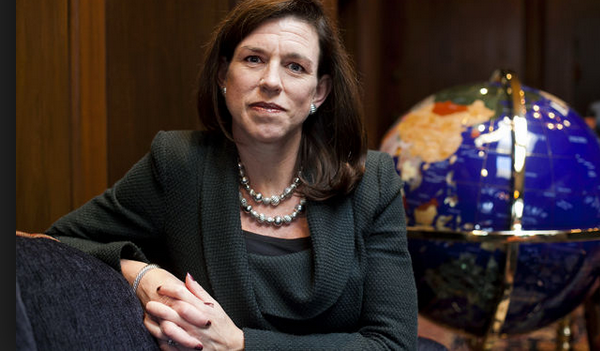Following BOE MPC member Kristin Forbes releasing a research paper that I posted here our guest economist John Hearn has this to say in reply
His thoughts were originally kindly posted in the comments section but I felt the contribution was worthy of a wider audience given the subject matter's forex impact.
Make sure you follow John on Twitter here and check all his blogs here. As always we encourage your participation in John's blogs here at ForexLive too in the comments section below
On Wednesday John has been invited to the BOE's new Open Forum event and will report back afterwards to give you his feedback
Meanwhile here's his thoughts on the Forbes paper
"The problem about Kristin Forbes' article is that it is based upon the Dynamic Stochastic General Equilibrium Model. The model itself is complex and provides sound analysis, but over the years I have spoken to Charles Goodhart who always praises its analytical ability but then adds the comment that its predictions are always wrong and even way off the mark.
The fault lays not in the model itself, but in two fallacious assumptions on which it is based.
Firstly it assumes that there is an output gap in the economy that can be closed by demand management. I have written about this in more detail on my blog, but the fact is that there is no evidence to support this assumption.
Secondly it assumes cost push inflation which explains how a rise in costs such as wages or oil prices can raise the average level of prices. This is also a fallacy as inflation is a rise in the number of money units used in the same number of transactions and wages or oil prices do not increase the number of money units. It is is the role of the Bank of England to manage monetary demand. "Inflation is always and everywhere a monetary phenomenon" said Milton Friedman.

BOE's Forbes under fire from Forexlive guest economist John Hearn
This second point also means that exchange rate changes do not change the average level of prices unless the Bank of England is involved in changing the level of monetary demand. Therefore exchange rate changes are not a driver of inflation. In addition to this, modelling of exchange rate changes is likely to be very misleading for reasons I explained on my blog in "The mystery of exchange rate determination solved"
This is because in the past exchange rates were determined by real movements in the economy i.e. 95% of forex dealing was to finance real trade. Now about 5% of dealing is to finance real trade and 95% is speculative trading. This means that over the short term exchange rates are determined by misguided perceptions of what may, and usually may not, happen as illustrated by current expectations of interest rate changes.
In my opinion exchange rate movements are very misleading and will not improve policymakers abilities to conduct monetary policy"
John Hearn November 2015




